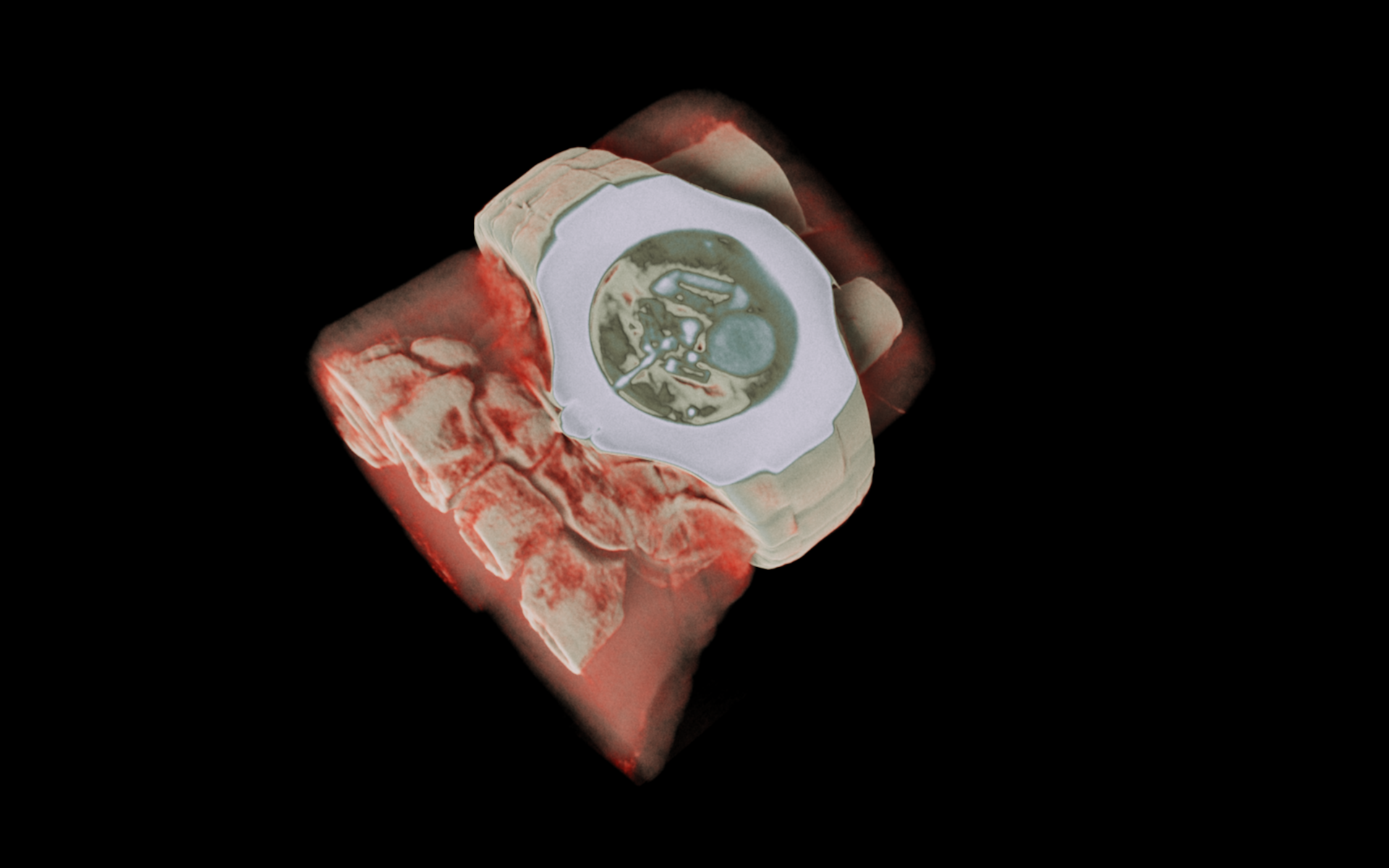A New Zealand medical device company dedicated to accelerating the detection of acute stroke with its highly portable Axana device has expanded its global footprint by creating its first United States subsidiary.
Wellumio of Wellington, New Zealand, established the subsidiary in the San Francisco Bay Area last month in anticipation of future US clinical trials.
“The United States is one of the world’s most critical markets for advancing stroke care,” said company co-founder and CEO Shieak Tzeng, MD, PhD. “There’s tremendous potential here to make a real difference in how strokes are diagnosed and treated.”
In fact, the private company, founded in 2019, eventually plans to relocate its headquarters to California.
Meanwhile, the San Francisco Bay Area is relatively geographically close to New Zealand, as opposed to New York, for travel back and forth and a shorter time difference. Many team members were also already working in San Francisco, and most US clinical partners are situated in California.
“It makes hiring talent easier,” Tzeng told MD+DI. “People want to work for a company that has a US presence.”
As a physician and neurovascular scientist, Tzeng is driven to help improve stroke care, particularly during time-sensitive medical emergencies. Axana enables frontline care teams to rapidly detect cases of acute stroke to guide critical treatment decisions during the crucial “golden hour.”
The device, which sits on a mobile cart, tracks the MR properties of brain tissue and identifies clinically proven stroke biomarkers, including molecular diffusion.
“Axana is deployed at the bedside in emergency situations, enabling healthcare professionals to triage patients faster and prioritize those who need to be transferred urgently for advanced neuroimaging,” Tzeng said. “Like a traditional MRI, Axana provides similar information about brain tissue, but in a format that is much smaller, faster, and portable.”
Unlike conventional MRIs, which rely on superconducting magnets and large coils to generate magnetic gradients for imaging, Axana's innovative technology is powered by pulsed gradient-free mapping (PGFM), thus eliminating the need for bulky components.
Annually in the US, there are roughly 1.1 million patients who present in the emergency department of hospitals with suspected stroke, of whom about 800,000 have actual stroke. The lifetime likelihood of having a stroke globally is 25%.
The total addressable market for Axana in a US hospital setting is estimated to be $1.5 billion yearly.
“Our device comes to the patient – not the other way around,” said Tzeng, who considers the product game-changing technology. “Currently, it is not possible to scan patients acutely for stroke outside of a conventional radiology environment.”
Axana allows results in only 4 minutes as opposed to 30 to 60 minutes with conventional imaging; therefore, a much faster time for clinicians to make life-saving decisions within the critical “golden hour” for stroke.
The device is specifically designed for acute neuroimaging applications, rather than for general purpose imaging.
Wellumio began its feasibility trial of Axana last month in Australia at the Royal Melbourne Hospital; a second site at John Hunter Hospital in New South Wales, also in Australia, is expected to start enrolling in the coming months. Between the two sites, the study aims to compare 40 patients with suspected acute stroke and 10 non-stroke control subjects against traditional MRI.
Interim study results are scheduled to be released this spring, followed by final study results in early summer.
The company has raised $2.7 million in seed equity rounds, led by Outset Ventures of New Zealand, and $1.8 million in nondilutive grant funding from various groups. A Series A round of $14 million, targeting a US lead medtech investor, and current investors, is expected to close in the fourth quarter of 2025.
Tzeng said Wellumio has held several successful meetings with FDA in preparation for a De Novo submission in 2027.
Read the full article here



.jpg)